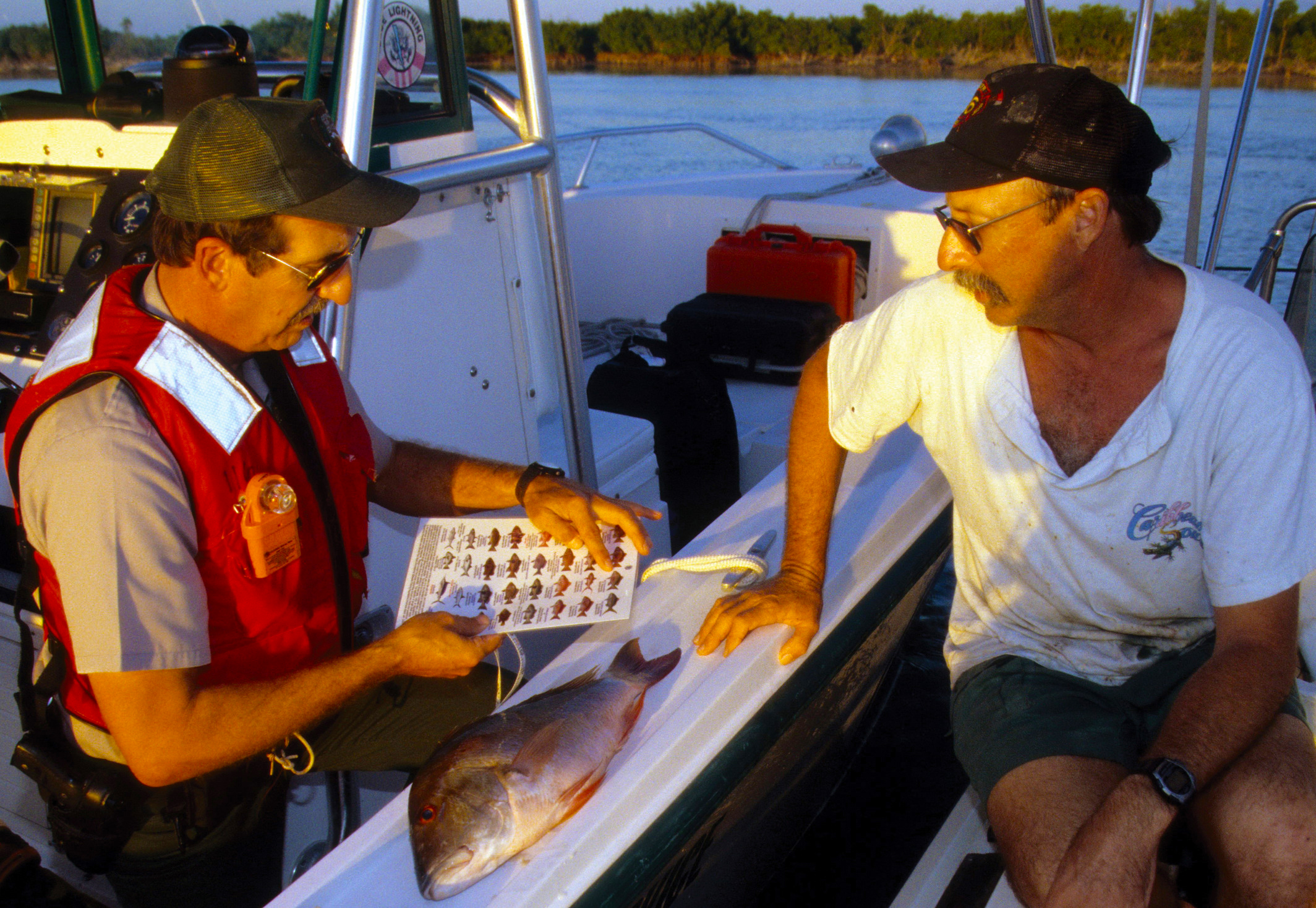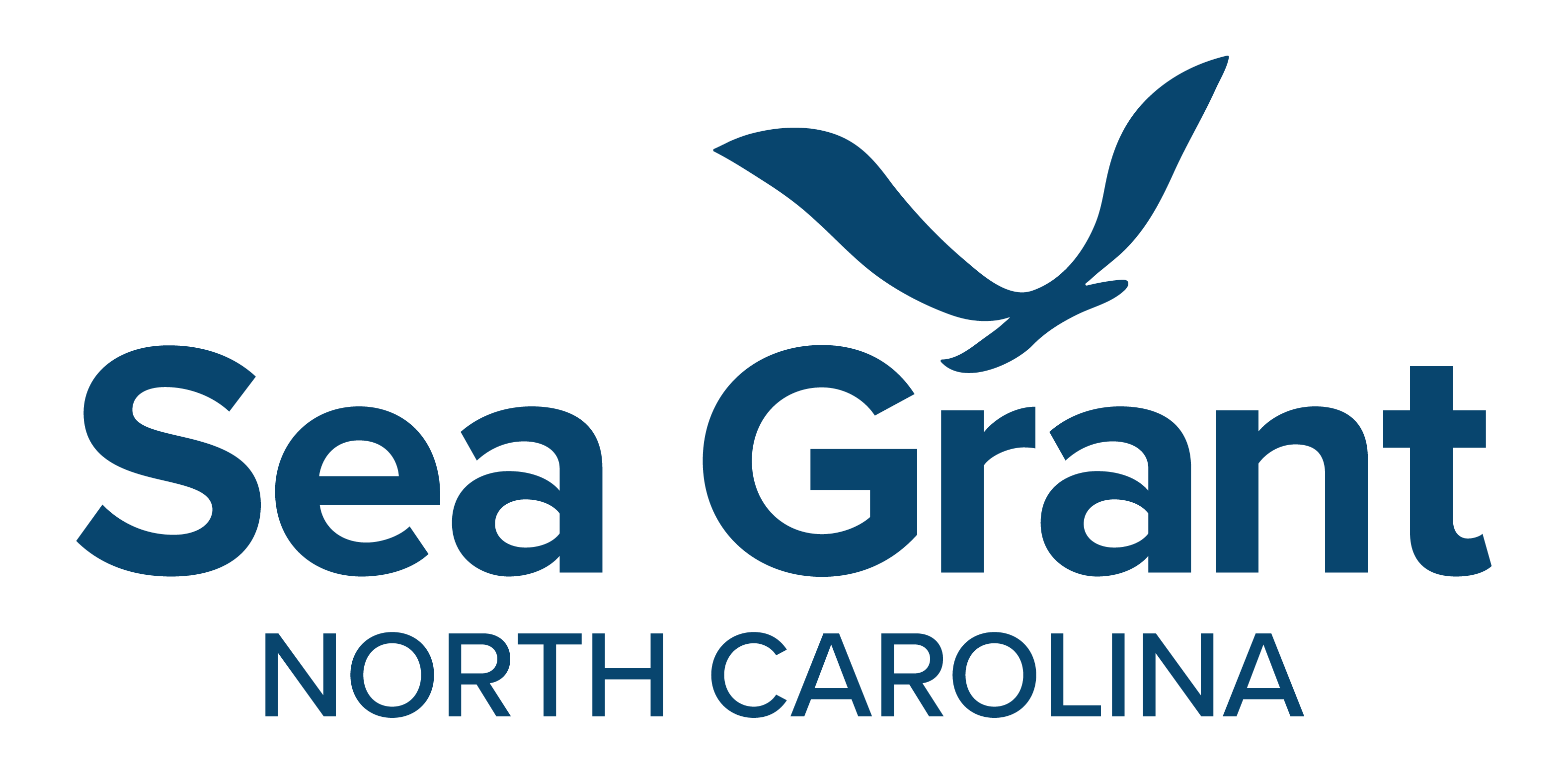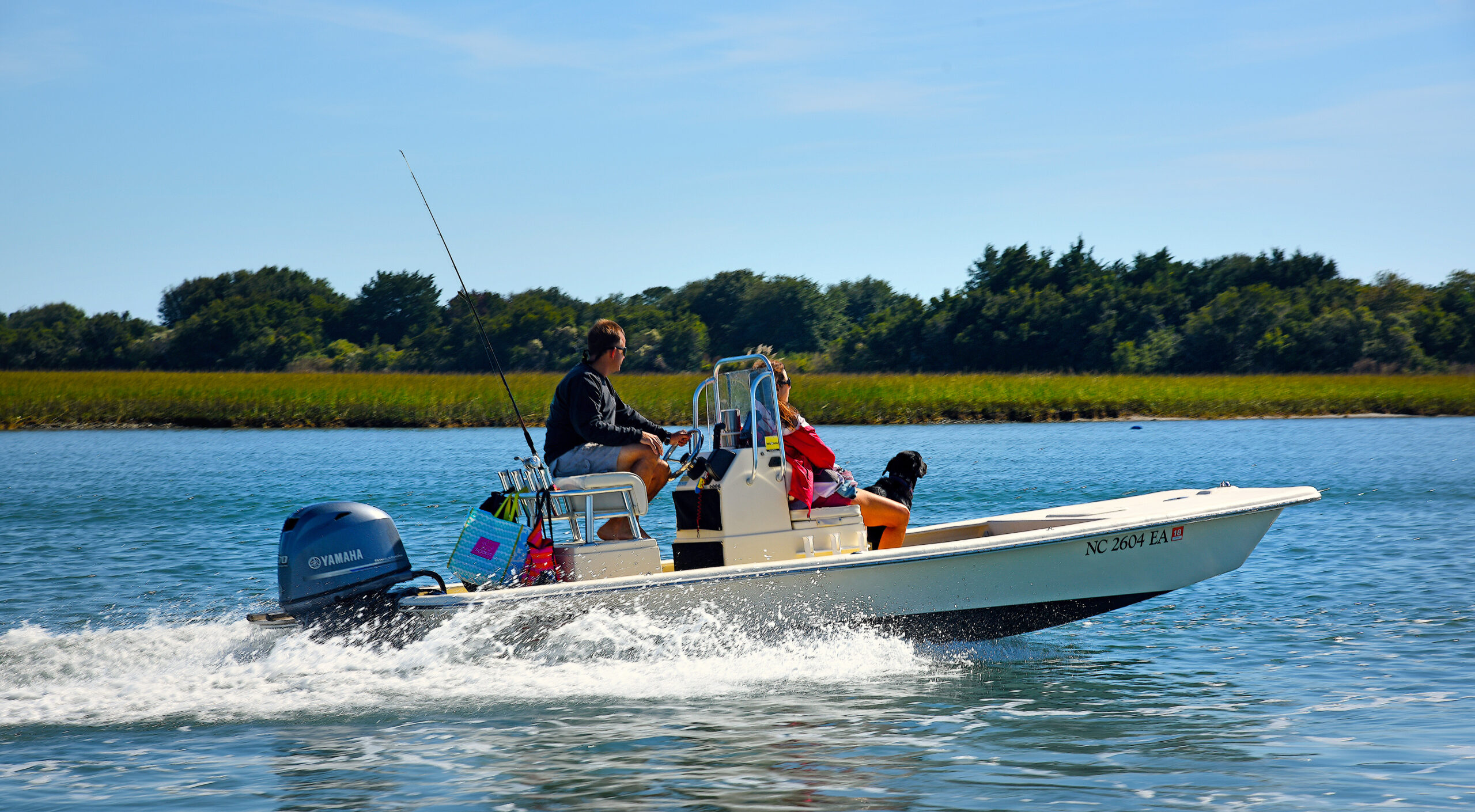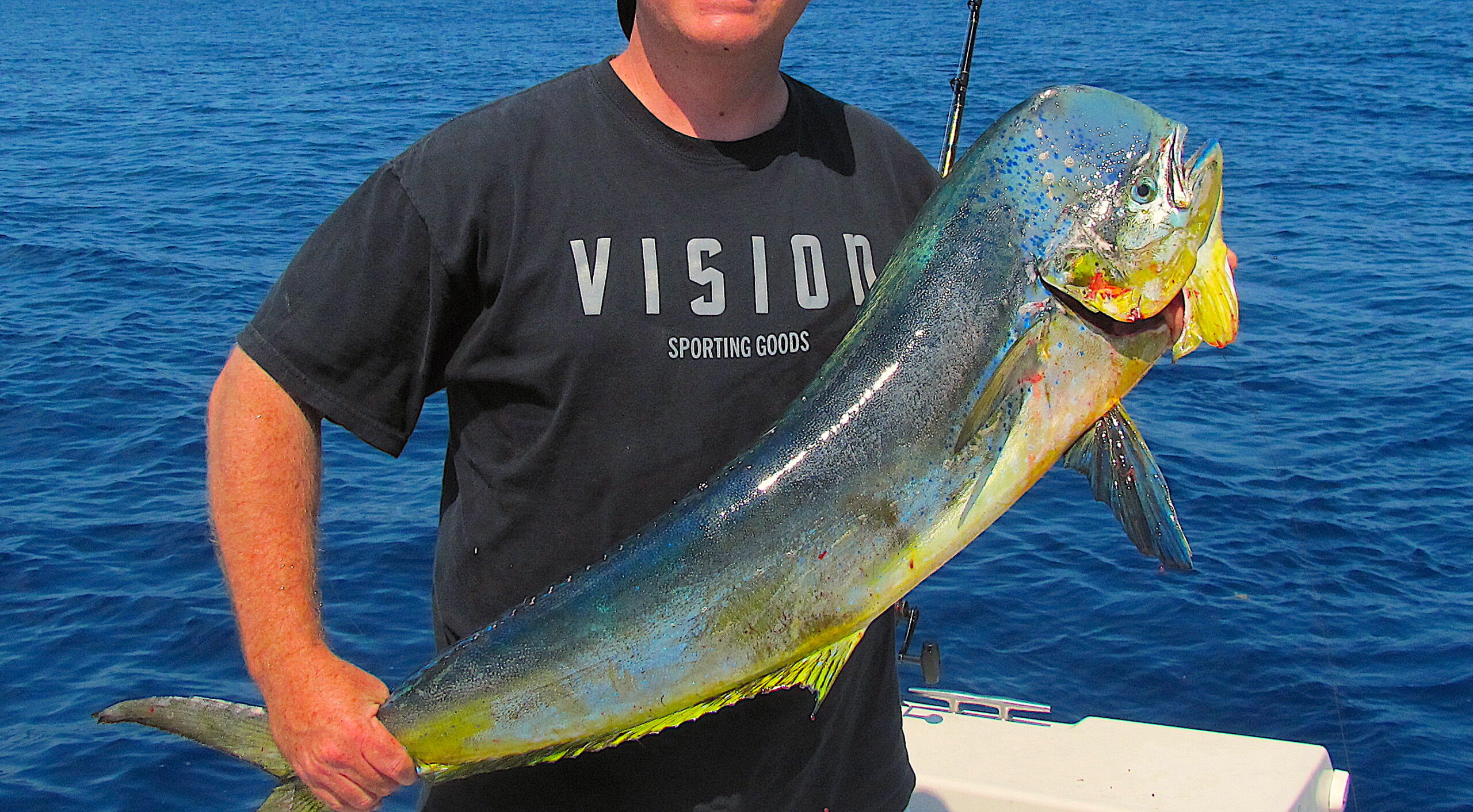Can Education Correct Unlawful Behavior?

A Class for Anglers with Fishing Citations Pays Off
Research Need
Fisheries managers use a host of rules and regulations to manage fisheries — like size limits, bag limits and seasonal harvest restrictions. Of course, successful management relies on the principle that stakeholders understand or, at least, follow the rules. In south Florida, the Biscayne and Everglades National Parks established a 3.5-hour Fisheries Education Class to enhance compliance with fishing regulations and improve stakeholders’ understandings of the need for management. Open to the community and available to anglers cited with a fishing violation, the program has educated 1,242 people between 2007 and 2015. Anglers participate in order to strike a citation from their record, which includes a $50 course fee.
But are these types of programs effective at changing angler behavior? How can managers evaluate the success of such a program?
What did they study?
To determine the effectiveness of this type of intervention, program evaluators surveyed 200 class attendees from 2012 to 2015 about their own behavior changes and understandings of management needs before and after class completion.
What did they find?
Despite the low sample size, results confirm that attendees felt better equipped to understand and adhere to fisheries regulations after taking the class. Also, the class improved the attitudes of the participants toward fishing regulations.
In addition, a review of park records showed that of the 803 people who were issued citations and then took the class, only four received another citation within the period of this study.
What else did they find?
Most class participants were aware that fisheries regulations exist, but many were confused about how to interpret the regulations and how to apply them when fishing. In addition, most anglers were not aware of the scientific basis for regulations.
Reading
Saul, S. and Rosario, C.C. (2019). “Catch and release: The effectiveness of an educational class for anglers caught with fishing citations.” Fisheries, Vol. 44, Issue 2.
Summary compiled by Scott Baker
Lead photo courtesy of the National Park Service
The text from Hook, Line & Scienceis available to reprint and republish at no cost with this attribution: Hook, Line & Science, courtesy of Scott Baker and Sara Mirabilio, North Carolina Sea Grant. HookLineScience.com



